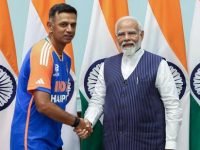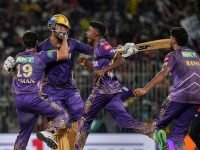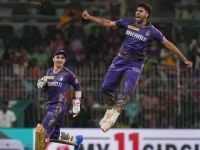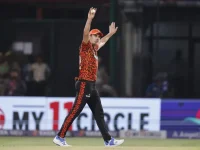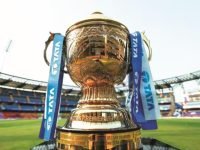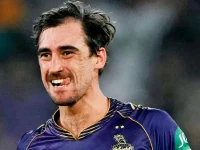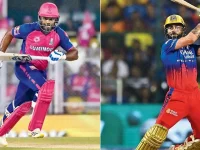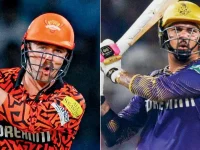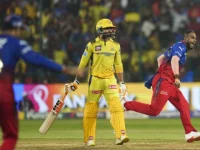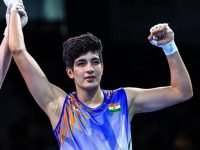https://revsportz.in/ipl-2024-13/
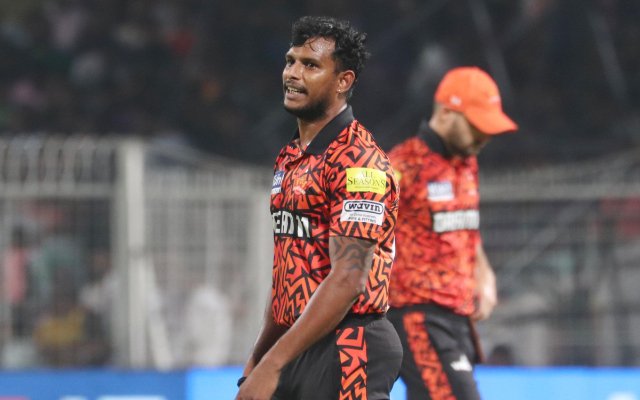
There was a special quality to T Natarajan’s bowling in the Indian Premier League (IPL) game at the Eden Gardens in Kolkata on Saturday evening. It lingered even when it was overshadowed by Andre Russell’s hitting and Harshit Rana’s bowling in the final over of the match to snatch a four-run victory for Kolkata Knight Riders over Sunrisers Hyderabad.
The left-arm seamer’s skill did spark a deeper reflection on the contemporary cricketers’ worry about their workload in the wake of injury and time spent in rehabilitation. In the past couple of years, India could have done with Natarajan’s bowling but he has chosen to be a white-ball specialist, much to the dismay of fans.
Of course, Natarajan’s bowling on Saturday augurs well for Sunrisers Hyderabad as he finished with the best figures in the match – three for 32. He claimed the wickets of Venkatesh Iyer and KKR skipper Shreyas Iyer in his opening over, both to good catches, and added Rinku Singh’s scalp in the final over of the innings.
His eight-run final over amidst the carnage inflicted by Russell broke the momentum and infused some hope in the Sunrisers Hyderabad camp that it was a target that they could chase successfully. Had it not been for Rana’s final over when he had only 13 runs to defend, Natarajan’s bowling would have featured in more conversations.
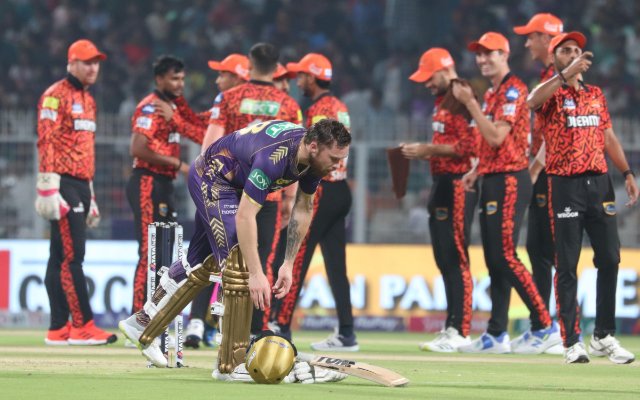
However, that he has not played a first-class game since the amazing Brisbane Test ended on January 19, 2021, is a matter of concern. He gave up red-ball cricket because he was unsure how his body would hold up over four days of a match. To be fair, he was included in the Tamil Nadu Ranji Trophy squad this season but did not seem ready enough to be picked in the XI.
It would be unfair to dismiss his choice as a result of the financial attractions that the IPL holds for cricketers. For, that would be overlooking his tennis-ball cricket background – where bowling yorkers is a necessary skill – that may have left his body fragile and more prone to injury. Be that as it may, the cricket romantic will want all Indian players to be playing all formats of the game.
It is a blessing for cricketers like Natarajan that they can choose formats to appear in. However, a sprinter or a javelin thrower or a butterfly-stroke swimmer does not have such options. How do such athletes manage to return and perform at the highest level without worrying if their bodies will hold up?
Back in the 1980s, we were in awe of how Dennis Lillee returned from a severe back injury to bowl full tilt, enthrall the crowds, harry and hurry the batters. The lessons he learnt in reading up and breaking down his bowling were of immense help when the present Australian skipper Pat Cummins faced a career-threatening back injury.
By all accounts, part of the athletes’ rehab process, across disciplines, focuses on developing greater mental strength to come back to deal with a full load. The ability to read the body is a critical part of the process but the best athletes around the world feel stronger and hungrier than ever for success when they have recovered from injuries.
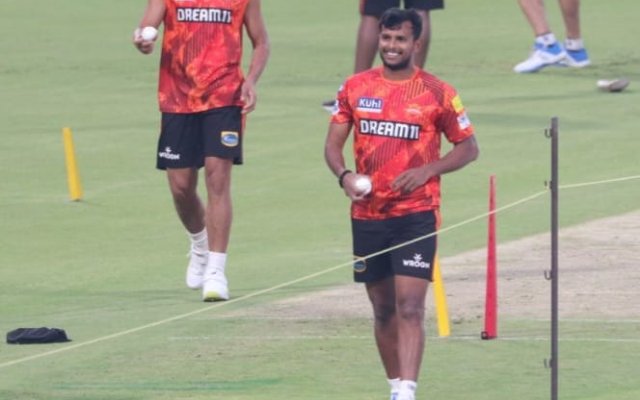
The realisation of not being able to adjust to not being a sportsperson is one of the key drivers when athletes come back from injury and rehab. But the thread binding all sportspersons has strands of motivation, attitude, fortitude, discipline and resilience, each as integral as the other to their mental make-up. Rishabh Pant has these traits to stage a comeback after a debilitating car accident.
Yet, it would appear that this mental aspect of the rehab is mostly being overlooked in Indian cricket. It is understandable that back in the day there were no specialists to assist cricketers with the psychological part of recovery and they depended on friends and mentors to hear them out. But now, it is important that BCCI works to put more players on the park across all formats.
Natarajan himself may want to work with a strength and conditioning coach to try and overcome the ill-effects of the intense effort he would have put in when playing tennis-ball cricket in his developing years. The wise point out that there is no guidance to such cricketers in their formative years and they end up abusing their knees, elbows and shoulders.
Besides, in the next few weeks, if Natarajan can have conversations with Cummins, his skipper, about the art of returning to and stoking the hunger for red-ball cricket, he will do himself a great deal of good. And perhaps end up an inspirational story in the annals of Indian cricket, rather than be seen just as a quality bowler in the shorter formats of the game.

